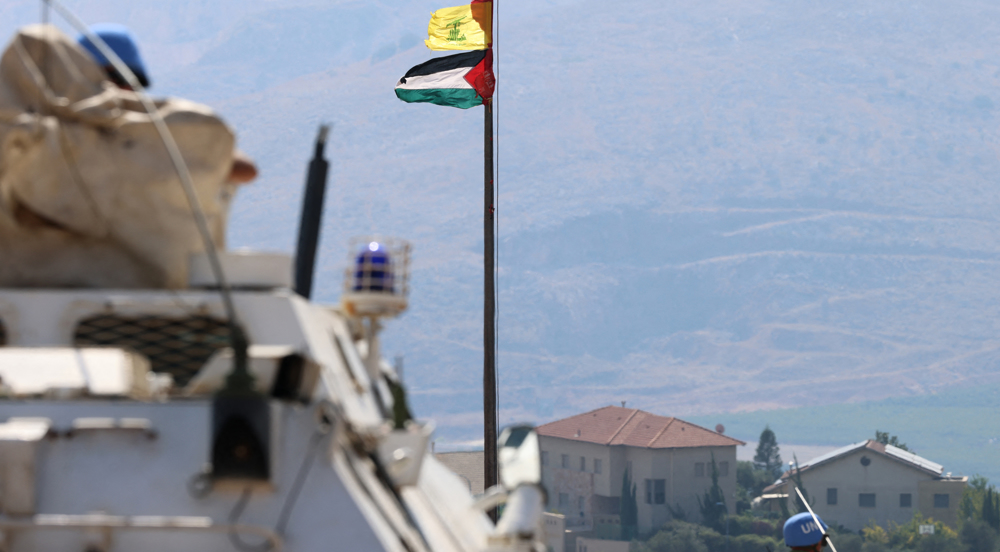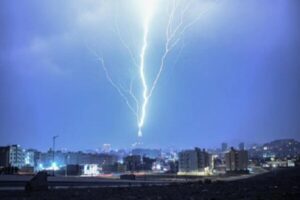The US embassy in Beirut has urged American citizens to leave Lebanon due to the “unpredictable” security situation amid Israel’s war on the Gaza Strip.
In a statement released on Sunday, the diplomatic mission recommended that the Americans check flight options at Beirut’s Rafic Hariri International Airport, monitor local media reports, and follow the instructions of security and emergency response officials.
“US citizens who wish to depart Lebanon should leave now, due to the unpredictable security situation. There are still commercial flights available, but there is reduced capacity,” it added.
The embassy also presented a crisis intake form for those who “need a financial assistance loan from the US government to purchase tickets on a flight to depart Lebanon, or are interested in receiving messages from the US Department of State.”
It further urged US citizens, who choose not to depart Lebanon, to prepare “contingency plans for emergency situations.”
🚨 We have updated our Travel Advisory for Lebanon to Level 4: Do Not Travel.
We urge U.S. citizens not to travel to Lebanon. We recommend that U.S. citizens in Lebanon make appropriate arrangements to leave the country; commercial options currently remain available. We…
— U.S. Embassy Beirut (@usembassybeirut) October 18, 2023
On Tuesday, the US State Department raised its travel advisory level for Lebanon to “Level 4: Do Not Travel,” citing the security situation related to “rocket, missile, and artillery exchanges” between Israel and the Hezbollah resistance movement.
It also authorized the voluntary, temporary departure of family members of US government personnel and some non-emergency personnel from the US embassy in Beirut.
The travel alert comes amid the exchange of fire between Israeli forces and Hezbollah fighters on the Lebanese border at a time when the Tel Aviv regime is conducting a bloody bombing campaign on the besieged Gaza Strip.
Israel’s relentless aerial assaults have killed 4,741 Palestinians and injured 15,898 others. Authorities in Gaza say 40 percent of those killed were children.
Israel launched the war on Gaza on October 7 after the Palestinian resistance group Hamas waged the surprise Operation Al-Aqsa Storm against the occupying entity.
It has also blocked water, food and electricity to the Gaza Strip, plunging the coastal enclave into a humanitarian crisis.




